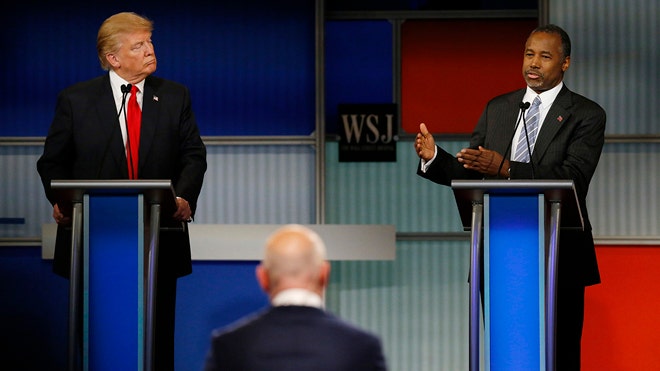Republicans are riding the wave of the anti-Democratic, anti-establishment sentiments all the way to the midterm elections. With just two weeks to go until they cast their ballots, voters are as angry as ever about the state of the economy, and they believe the Obama administration is incompetent and has overreached over the last two years.
Republicans will undoubtedly benefit from voter frustration and dissatisfaction. Just 32% say the U.S. is heading in the right direction, according to Rasmussen Reports, and Republicans now have an eight-point lead in their Generic Congressional Ballot. — Voters are clearly looking to change the direction of the country and replace their current leaders.
Unquestionably, the GOP will do better than it did in 1994 when Republicans gained 54 seats in the House — this year it is almost certain that they will take control of the House. Control of the Senate remains less clear, but the GOP is in a position where they have a good chance to take over the Senate as well.
If the GOP is to win the Senate and further, if they are to actually win the support of voters, they need to do more than simply oppose the Democrats’ ideas. They are against stimulus plans, against the health care bill, against cap-and-trade, and against tax increases. In the “Pledge to America” that they released in September, Republicans just reiterated their positions of “no,” calling for taxes not to be raised, the health care law to be repealed, and federal spending to be limited.
Republicans need to put forth practical, pro-growth policies that focus on private sector job creation and promote entrepreneurship as a means of stimulating the economy. They need to advance a positive agenda that emphasizes fiscal conservatism; balancing the budget, reducing the deficit and the debt, and cutting spending and taxes.
They must emphasize the need for energy independence by advocating for an energy policy that calls for offshore drilling and incentives for increased development of nuclear power, while promoting conservation through policies that would require utilities to produce more energy from renewable sources.
And Republicans must champion innovation and health insurance exchanges as a means of fixing the health care system. Medical innovation will provide long-term benefits to the health of our people and to the success of our economy. Health insurance exchanges for purchasing a health insurance policy will promote competition among insurance companies, and result in more consumer choices, lower prices, higher quality care, and better service.
Further, Republicans must reach out to middle-class voters by recognizing the struggles they face in this economic recession. They must acknowledge that poverty and unemployment, especially among blacks, are at an all-time high. Jack Kemp understood that minorities often don’t have as much access to the same opportunities that are available to whites, which would allow them to prosper economically. Republicans must embrace Kemp’s vision of an inclusive Republican Party, and put forth targeted initiatives that provide minorities with job development and entrepreneurial opportunities, so that the cycle of poverty can begin to be broken.
The Republicans need to bring back the optimism and inspiration that Ronald Reagan championed so well. If they can take ownership of bringing the country a new sense of hope and possibility as we come out of the economic downturn, they have a chance to earn back the support of many independents, and perhaps even dissatisfied Democrats.
Voters are looking for policymakers that put the people ahead of the special interests and promote pro-growth, results oriented, bipartisan solutions without partisan animosity. If the Republicans can offer this agenda that voters so clearly demand, and coalesce with the activist Tea Party movement, there is every reason to believe that the movement to the GOP will only become more firm.
Douglas Schoen is a political strategist and author of the just-released book, “Mad as Hell: How the Tea Party Movement is Fundamentally Remaking Our Two-Party System” (Harper 2010), co-authored with Scott Rasmussen.




Leave a Reply